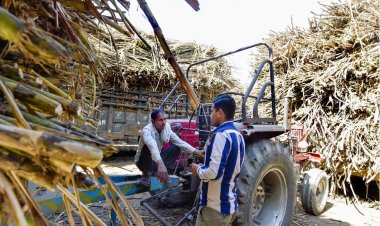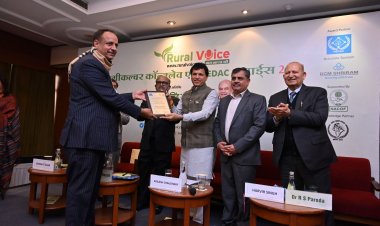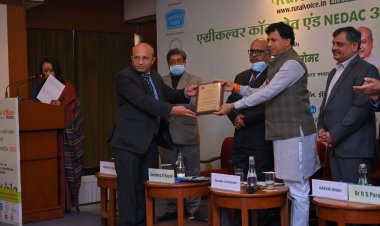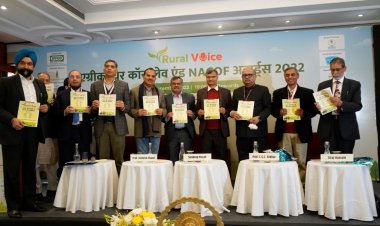Massive decline in yield of major crops in Rajasthan likely due to excessive rainfall followed by drought-like conditions
Farmers sowed urad and moong on a large scale in Rajasthan after the beginning of a good monsoon this year, but excessive rainfall only a few days after the sowing and the drought-like conditions that followed have led to apprehensions of a 40-50 per cent loss in these crops.
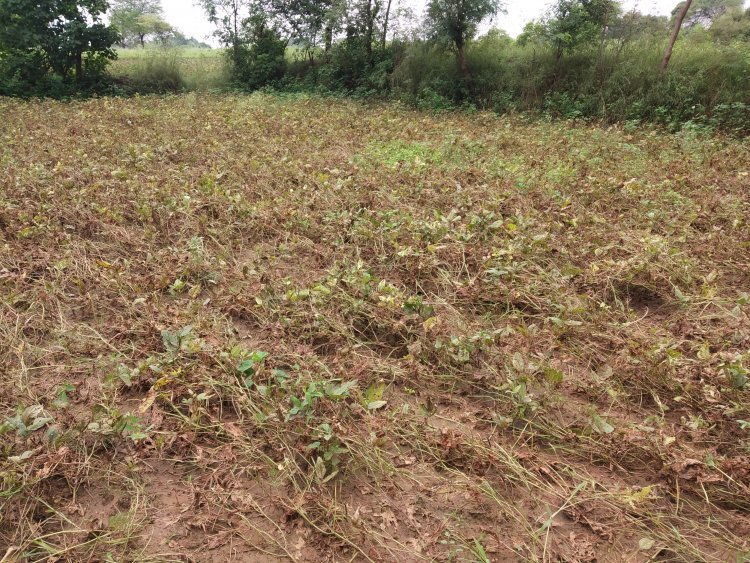
Farmers sowed urad and moong on a large scale in Rajasthan after the beginning of a good monsoon this year, but excessive rainfall only a few days after the sowing and the drought-like conditions that followed have led to apprehensions of a 40-50 per cent loss in these crops.
Speaking to Rural Voice, Dr SK Singh, Director, ICAR-Agricultural Technology Application Research Institute (ATARI), Jodhpur, said that the heavy rains in August had affected the moong and urad crops severely. Due to excessive rain, crops fell in many places and started rotting. Not many pods are developing in the crop that remains. Dr Singh said that greater rainfall leads to more vegetative growth in plants and less formation of pods. Besides, there will be a decline in yield in the current scenario due to a lack of moisture in absence of rains and high temperatures.
According to Dr Singh, excessive rainfall has affected jowar (sorghum) and moong the most. Besides, the crops of urad, maize, guar (cluster bean), soyabean and groundnut have been damaged in several regions. Breaking even, too, seems difficult for the farmers as the crops have been damaged. Dr Singh said that excessive rainfall in Rajasthan in August followed by drought will also lead to a decline in yield for sesame.
He said that bajra (pearl millet) is produced the most in Rajasthan. It is grown over 40-45 lakh hectares (ha). Its yield may reduce by 7-10 per cent. Water is required at the grain formation stage in bajra. The absence of rain at this stage will lead to a reduced weight of grains in the ears.
Dr Singh said that excessive rainfall in the beginning followed by drought-like conditions will lead to a decline in yield for guar, motha and maize, the major crops of Rajasthan. If it rains in September, there will be good sowing of black mustard and leguminous crops, otherwise the drought will affect the Rabi crops as well.



 Join the RuralVoice whatsapp group
Join the RuralVoice whatsapp group


















